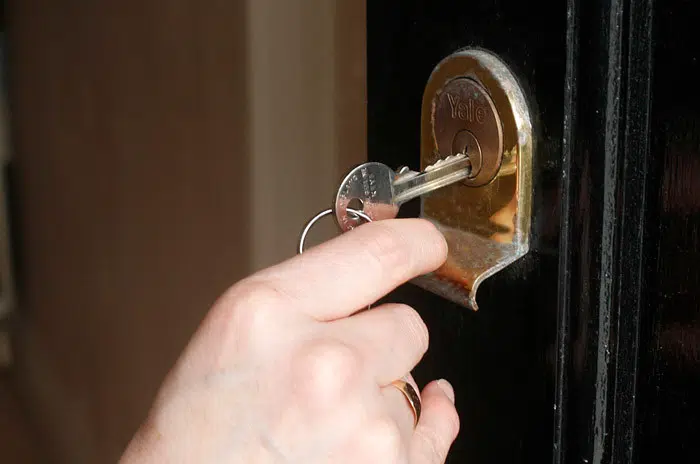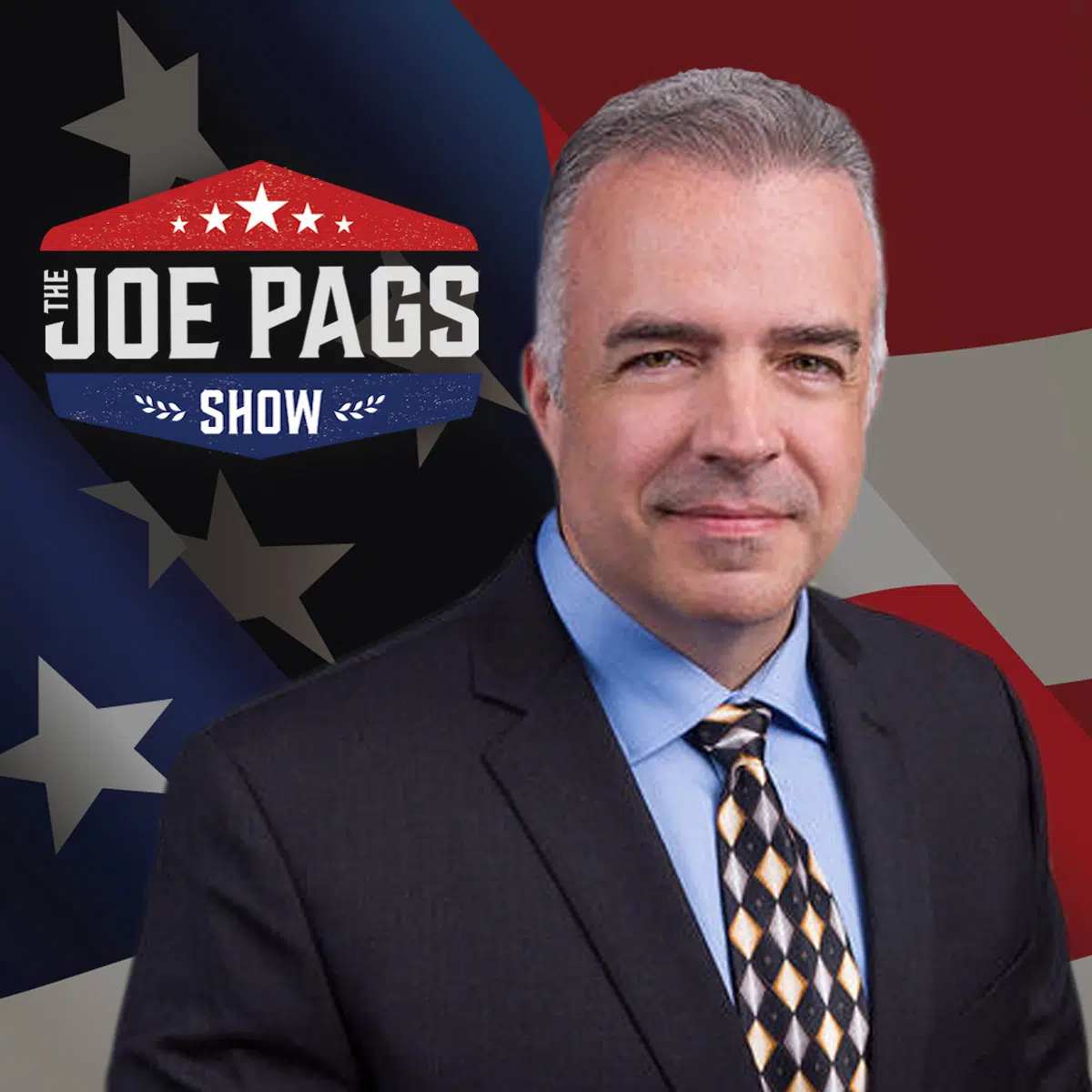DES MOINES, Iowa (KELO.com) — Iowa cities and counties could not prohibit landlords from discriminating against individuals who use housing vouchers under a bill passed by the House on Monday.
The bill, Senate File 252, passed the House by a 56-38 vote. The bill would prohibit cities and counties from creating ordinances that would interfere with a landlord’s right to deny a rental to an individual who uses federal housing choice vouchers.
Some cities identify ‘source of income’ as a protected class for housing
In the summer of 2019, the Des Moines City Council voted unanimously to amend city code to specify that “source of income” was a protected class. That language prohibits landlords in the city from refusing to rent to individuals based solely on the fact they use federal assistance, including Section 8 housing choice vouchers. Iowa City and Marion have similar ordinances.
State lawmakers in 2020 began an effort to remove these local ordinances and allow landlords statewide to decide whether they would accept rental vouchers.
“We have some landlords that just simply would rather not have to get involved with the extra paperwork or inspections or changes to their apartments or whatever else might come around because of (accepting federal vouchers),” Rep. Dave Deyoe, floor manager for the bill, said Monday.
Deyoe, R-Nevada, argued that requiring landlords to accept federal housing vouchers could discourage them from constructing and offering more housing in Iowa.
“I would argue that it’s going to mean less housing overall, and that’s going to mean higher costs and less housing available for poor people, whether they’re on Section 8 or not.”
Democrats proposed several amendments to the bill to protect tenants with disabilities, young people leaving foster care and veterans using housing vouchers. All failed along party lines.
Rep. Ako Abdul-Samad, D-Des Moines, asked for a minority impact statement on the bill, noting that there are already racial disparities in housing. He cited an Iowa Finance Authority report that found 10.7% of white households faced severe housing problems, whereas 39.6% of Pacific Islander and 30.9% of Black households did.
“We know there is a serious problem with disparities when it comes to housing in our community … Without a minority impact statement, this (bill) could compound that disparity,” Abdul-Samad said.
Governor’s report identifies housing as a significant issue
Housing advocates and politicians alike have identified a lack of affordable housing as a major issue in Iowa.
Gov. Kim Reynolds proposed a 29-page bill that introduces over $50 million of tax credits to encourage housing development in Iowa. A new mechanism called the Iowa Housing Tax Credit would set aside $15 million of tax credits per year to develop 3,750 rental homes for low-income families over the next decade.
In her 2021 Condition of the State address, Reynolds commended cities that created affordable apartment complexes.
“We must expand initiatives like these that address pent-up demand for affordable housing, helping our communities thrive and our families move where opportunities await them,” she said.
Rep. Mary Mascher, D-Iowa City, cited the Governor’s Economic Recovery Advisory Board report, released in February. The report gives several recommendations to expand housing, including affordable housing options for low-income Iowans.
“The bill that we are debating today flies in the face of all of these recommendations, and that’s really sad,” she said.
The Senate approved the bill Feb. 17, but the House amended it to say that existing ordinances would be voided starting Jan. 1, 2023. The bill returns to the Senate to consider the change.
(Katie Akin with the Iowa Capital Digest contributed this report. It first appeared in the ICD here.)





